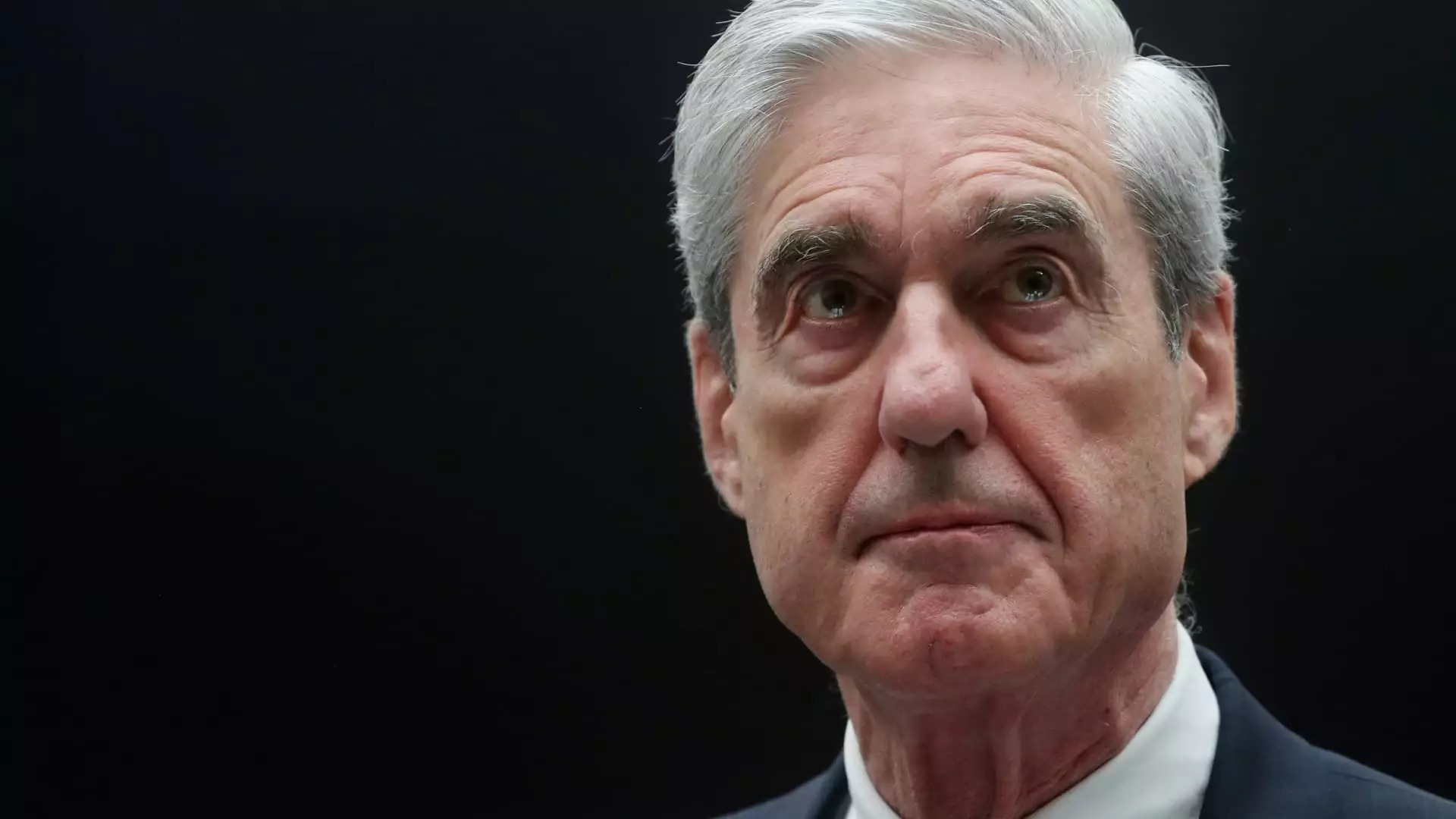The firing of Peter Carr, a notable spokesman for high-profile Special Counsels Robert Mueller and Jack Smith, reverberates throughout the political landscape of the United States. The circumstances of his dismissal, communicated in a terse email from Deputy Attorney General Todd Blanche, reveal not just a personnel decision but a symbolic act that reflects the tumultuous era of politically charged investigations into former President Donald Trump. Carr, who devoted a substantial part of his career to the DOJ, has found himself caught in the crossfire of a justice system grappling with its own legitimacy.
Carr’s career at the DOJ began in 2007, a tenure that witnessed major shifts in the political fabric of America. His role during the Mueller investigation, which aimed to unravel the complexities of Russian interference in the 2016 election, placed him in the center of a maelstrom. While the Mueller report ultimately did not indict Trump, it left a cloud of suspicion hovering over the former president’s conduct. The ambiguity of the findings—specifically Mueller’s assertion that he could not definitively exonerate Trump—compels us to examine the deeper implications of such a conclusion, not only for the individuals involved but for American democracy at large.
The Dark Shadow of Partisan Politics
The involvement of Todd Blanche, who previously represented Trump in criminal cases, raises questions about the motivations behind Carr’s dismissal. Was this merely a matter of bureaucratic reshuffling, or does it signify an unsettling trend of partisanship within the judiciary? The lines between justice and political maneuvering appear increasingly blurred, as those within the DOJ navigate a landscape laden with conflicting interests. Critics of the Trump administration have long highlighted the precarious balance between enforcing the law impartially and acknowledging the unique political implications of prosecuting a former president.
This firing cannot be dismissed as an isolated incident; it must be understood as part of a broader narrative where the credibility of the judicial system hangs in the balance. The urgency to dismiss seasoned career prosecutors who had been deeply involved in Smith’s investigation only compounds the sense of instability. In late January, the DOJ had already executed a similar purge, targeting individuals entrenched in the processes that sought to hold Trump accountable for his alleged misconduct. Such actions contribute to a chilling atmosphere within the DOJ, where fear of political retribution looms large.
A Judicial System Under Siege
The political drama surrounding Trump’s investigations exposes a troubling dylemma: How does America reconcile the need for accountability with the risks associated with prosecuting a former leader? The dismissal of Carr, following a series of controversial legal battles—such as Trump’s attempts to overturn the 2020 election results and the aftermath involving classified documents—signals an ongoing struggle within the DOJ to maintain its integrity while navigating the unique challenges posed by a powerful and polarizing figure.
Moreover, the implications of charging a sitting president raise unsettling constitutional questions. Mueller articulated a perspective that reverberates throughout legal circles: it is “unconstitutional” to charge a sitting president. This notion places enormous pressure on law enforcement agencies to not only uphold the law but to do so with an eye toward the implications for national unity and stability. Each decision made in this environment carries significant weight, impacting public trust in legal institutions that ideally ought to function independently of political bias.
In this charged atmosphere, Carr’s dismissal might be a symptom of a much greater illness, one that threatens the very foundation of the rule of law. As the DOJ grapples with its identity in this tumultuous political climate, the question remains: Will it rise to defend its values, or will it capitulate to a wave of partisan influence? The landscape is evolving, and each move resonates deeply within the fabric of American democracy, foreboding the trials yet to come.


Leave a Reply